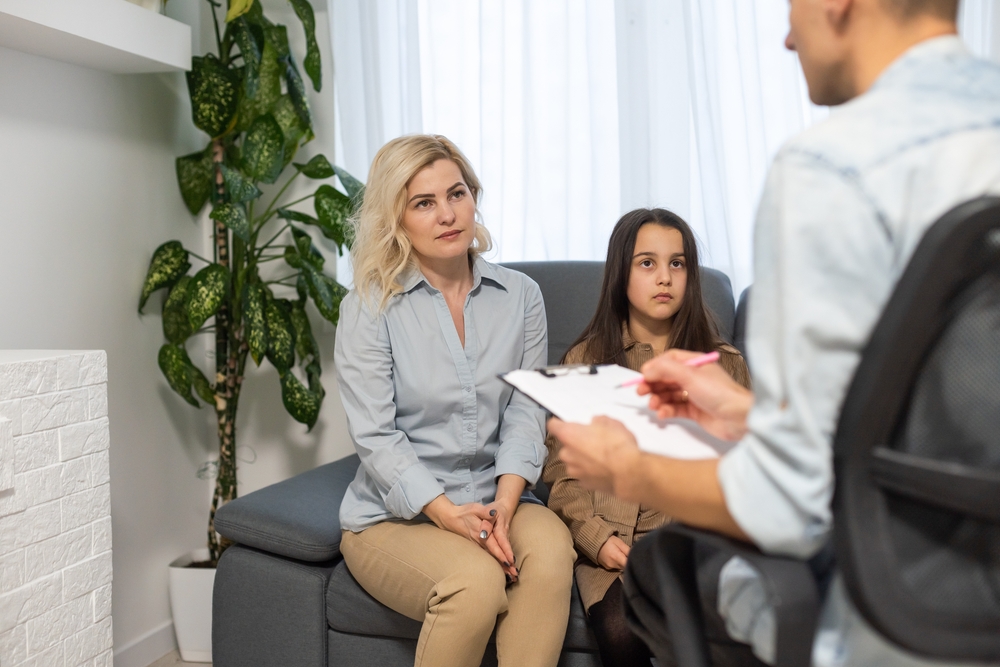
Depression is often seen as an individual struggle—something a person carries alone. But the truth is, its effects ripple outward, touching the lives of family members, friends, and the larger community. In Frisco, where families thrive on strong connections and an active lifestyle, the impact of depression can be especially noticeable. Whether it's a parent struggling to engage with their children, a spouse feeling distant, or friendships becoming strained, depression can create a disconnect that’s hard to mend without support.
If you or a loved one is dealing with depression, understanding its effects on family dynamics and social interactions is the first step toward healing—not just for the individual but for the entire support system.
How Depression Affects Families
In a city like Frisco, where community and family are central to daily life, depression can disrupt the natural flow of relationships. Families may begin to notice changes in their routines, communication, and emotional connections.
Parents struggling with depression often find it difficult to engage emotionally with their children. Whether it’s a loss of patience, reduced involvement in school or extracurricular activities, or a general sense of emotional detachment, children can feel the difference. This can lead to behavioral changes in kids, including acting out, withdrawal, or anxiety.
Depression doesn’t just affect the person experiencing it—it challenges the relationship itself. Spouses or partners may feel rejected, confused, or even frustrated when their loved one withdraws emotionally. What was once an easy, open dialogue can become short conversations filled with miscommunication, leading to feelings of loneliness on both sides.
When one person in a household is struggling, responsibilities often shift. A spouse may take on more duties, children may step into roles beyond their years, and extended family might feel the need to step in. This imbalance can create resentment, exhaustion, and even more emotional distance between family members.
The Social Impact of Depression
Frisco is a city that values connection—whether it’s gathering at sports events, engaging in community activities, or simply spending time with neighbors. But depression has a way of isolating those who experience it.
Someone dealing with depression might start turning down invitations, missing family outings, or skipping events they once enjoyed. Over time, this can create a gap in relationships, making it harder to reconnect even when they begin to feel better.
Depression can make even simple conversations feel exhausting. Friends who don’t fully understand may assume someone is being distant, uninterested, or unreliable. Without open communication, friendships can become strained, leaving both parties feeling disconnected.
Frisco is home to thriving businesses and a strong sense of community engagement. But when depression takes hold, even going to work or participating in local events can feel overwhelming. The result? Missed opportunities, stalled careers, and a growing sense of isolation.
Healing Together: Steps Toward Support and Recovery
Depression may impact those around us, but it doesn’t have to define relationships. Acknowledging its presence and taking steps toward healing can strengthen bonds and create a path forward.
• Open Conversations: Families who talk about depression openly can remove the stigma and create a safe space for healing. Encouraging honest discussions—without judgment—allows everyone to express their feelings and find ways to support each other.
• Seeking Professional Help: Therapy isn’t just for the individual—it can benefit the entire family. At The Lighthouse of Frisco, Dr. McKnight offers support for individuals, couples, and families navigating the challenges of depression. Therapy can help rebuild communication, develop coping strategies, and create a healthier emotional environment at home.
• Rebuilding Social Connections: It may take time, but gradually reintroducing social interactions—whether it’s small gatherings, outdoor activities, or one-on-one time with close friends—can help create a sense of belonging again.
You’re Not Alone—Help is Here
If you or someone you love is struggling with depression, you don’t have to navigate it alone. At The Lighthouse of Frisco, we’re here to provide guidance, support, and the tools needed to strengthen relationships and reconnect with life. Click “Get Started” at www.tlhof.com, or call (214) 618-0544 to schedule your free consult today.








